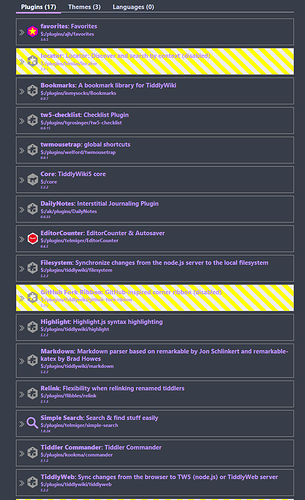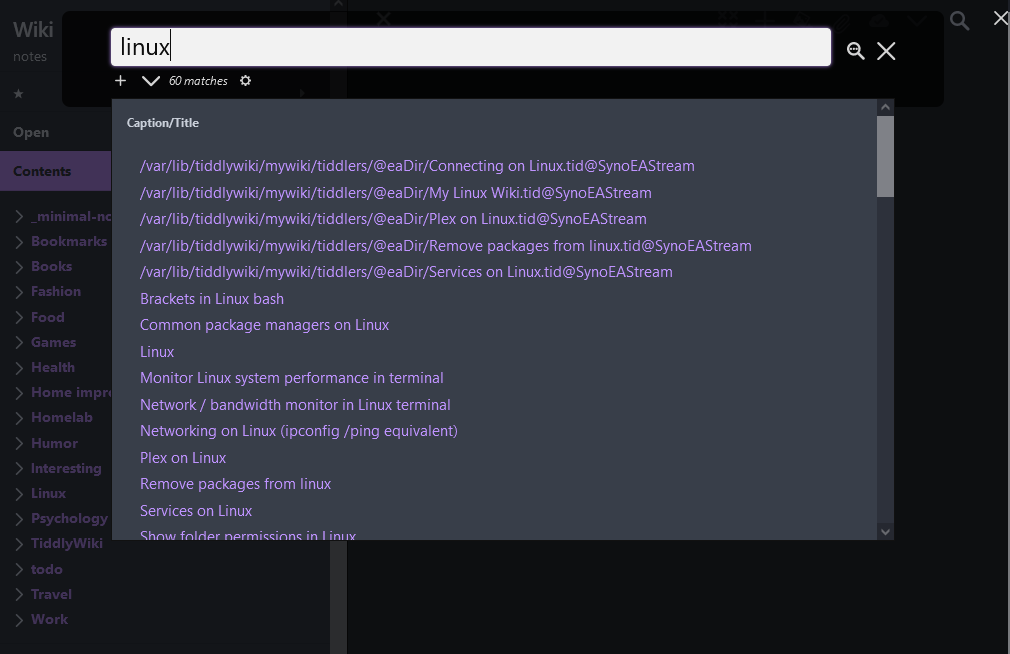Lots of good points. @TW_Tones – I’m sure some of my conclusions may be “off”, but I’m not making a judgement of the app since I’ve not yet tapped into all the possibilities.
Reviewing TWs appeal to a wider audience involves a bold relook at the history of how it’s been marketed – which is taking place in this discussion, right? I think there’s a pretty general consensus that there’s something here for every level of potential user.
From the little I’ve seen so far that offers a first look, you’re quickly steered into the deep end before you’re ready. The truth is, some potential users will never want to go there – and perhaps they don’t need to. However, currently there’s nothing I’ve seen so far that encourages a non-coding user that it’s ok to play-and-stay in the shallow waters — that TW5 will still deliver a useful note-taking environment.
@Mark_S – why? I suppose because I’m a bit weird that way.  I’m retired. A bit old school and will keep a local copy of my data on an external HDD, which I replace every few years. Since I’d need to download backups of anything in the cloud anyway, it’s just easier to housekeep one data set.
I’m retired. A bit old school and will keep a local copy of my data on an external HDD, which I replace every few years. Since I’d need to download backups of anything in the cloud anyway, it’s just easier to housekeep one data set.
Can be frustrating, but it’s something developers and IT support people just need to accept. I suspect that many people gravitated towards desktop computer use after being introduced to iOS/Android devices.
Remember some of the early editions of Apps - by independent developers? They were amazing, powerful, even though severely crippled by the tech limitations. Sadly many disappeared before reaching the next levels of hardware opportunity because they pitched over the heads of the median market. Many were bought out by larger orgs who offered and sold scaled down, formulaic versions, still in beta IMO, but unbelievably acceptable to the market. Why? Shrinkwrapped, instructions and support included.
I can’t think of an open-source app that holds it horses back. Why? I love the idea that there are no limitations, but is everyone ready for that?



